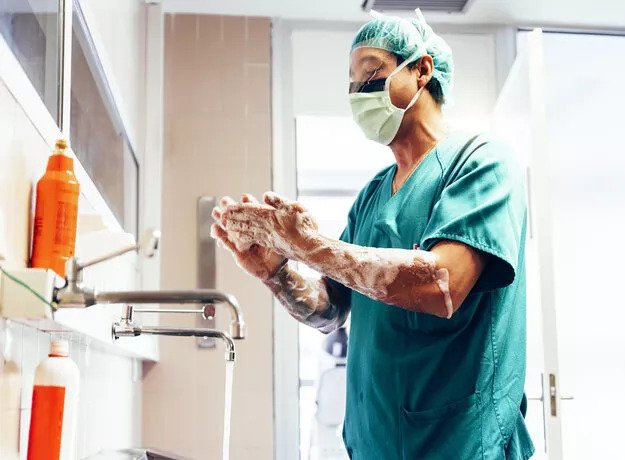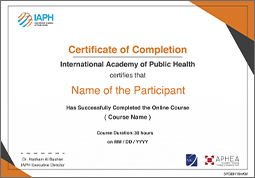Hospital-acquired infection and viral hepatitis
Description
Hospital-acquired infections (HAI) are a group of infectious diseases acquired after admission to hospital. Sometimes it is called health care associated infections (HCAI). The infection can originate from the outside environment, another infected patient, infected staff, patient himself, or in some cases, the source of the infection cannot be determined. Hospital-acquired pneumonia (HAP) is an acute lower respiratory tract infection which includes ventilator-associated pneumonia (VAP) and healthcare-associated pneumonia (HCAP). The two conditions account for more than 20% of total HAI.
Prevention can be focused on issues related to infection control, avoidance of certain procedures/exposures, and specific management strategies.
Learning Outcomes
- List diseases of public health importance in this group
- List the main clinical features of each disease
- Identify the disease specific agent, reservoir and susceptible human host
- Describe the transmission dynamics
- Describe the life cycle of the disease
- Estimate the disease burden and analyze its determinants
- Review the concept of infection control and hand washing
- List the recommended control methods and assess the possibility of elimination or eradication
- Hospital-acquired pneumonia
- Infection control

Duration:
12 Learning Hours
Accredited By:


Certificate

Are you interested in the course?
Get notified once the course is open by clicking on
Hospital-acquired infection and viral hepatitis
Thank you for registering your interest! We appreciate your enthusiasm for this course. As soon as it becomes available, we will reach out to you with all the details. Stay tuned!